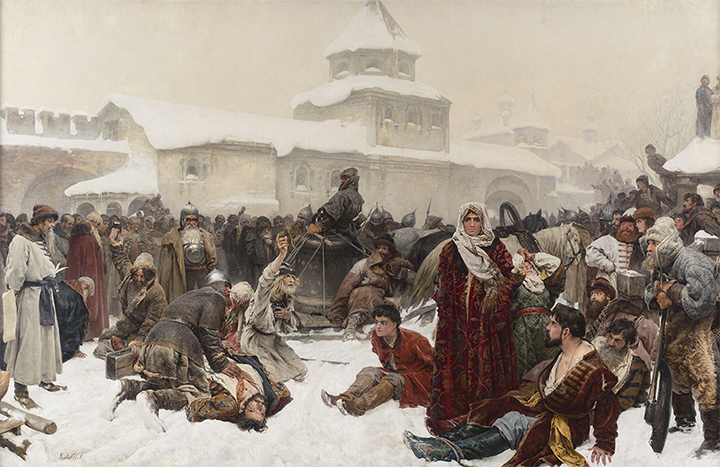Have you ever listened to a podcast? Then likely you might have heard some podcasters imploring you to leave a review. Because it really makes a difference! They even read their reviews! After listening to so many podcasts, I finally felt the urge to express myself in this way and wrote a review for If Books Could Kill. But it seems that the big place for podcast reviews is Apple Podcasts, and I’m not in that particular walled garden. An interesting way to learn people aren’t really interested in your opinion. So instead I left my review on some strange podcast reviewing site. And now I’m leaving it here.
I grew up in England, but came of age as Youtube became ascendant. As a result I was the among the first generation of British youth to be suddenly consuming unpasturized American culture. I can think of no more heightened example of this than bingeing highlights of the NBA slam dunk contest. Total exposure could not have lasted more than an hour. The worlds greatest b-ballers performed all manner of dunks from incredible heights, through flaming hoops, in the final stage of High Altitude, Low Opening parachute jump. But all dunks are pretty much the same, however you dress them up. The spectacle is forever wrestling with the hollowness of the exercise.
If Books Could Kill constantly feels like it is in danger of becoming the Slam Dunk Contest. The premise of the show is that our all star cast of based, lefty, bien pensant podcasting hosts, Michael and Peter review the most popular non-fiction titles that have shaped our discourse and inevitably done a great deal of damage along the way. Because, as it turns out, most of these books are bad. There is the long line up of air-port self-help, pop-psychology, pop-economics, and sub-business school business books laid out for said hosts to, well, dunk on.
I am not misleading you when I say that we have an all-star pair of podcasting hosts. Each have respectively had their previous podcasts receive major press, plaudits, and followings. So does this podcast achieve the sum of its parts? While their other podcasts — You’re Wrong About, Maintenance Phase, and 5-4 — all had clear, coherent theses that were deeply important that roughly fall into a revisionist movement in journalism that has blossomed in journalism, IBCK mostly has to grasp at the claim to understanding a broader conservative project. Fair enough for some of the books they cover. But I once heard two people in a car park complaining that prisoners live rent free and get TV. I wouldn’t say that I stumbled upon part of the “conservative project”.
The fact is that I like books. I listen to the NYRB Classics podcast. I listen to the 99% invisible episodes where they are going through the Power Broker. I’m working my way through ReJoyce, the forever incomplete Ulysses close reading podcast. I have listened to multiple Gene Wolfe podcasts. I’ve listened to a lot of the podcast where they read through all of Infinite Jest, and now Inherent Vice. I cannot emphasize enough that the premise of IBCK is forever putting the podcast in danger of total doom because they are dealing with the least interesting books in the world. It is a breath of fresh air when there is a writer featured who either can write, has written interesting things, or just defies any kind of expectation.
The big open secret in non-fiction is that there is no fact checking aside from what the author has commissioned themselves. There is some residual idea that we all got from somewhere that things being in books confers some authority, but for anyone paying attention, that has never been true. There is a wide net that could be cast here, beyond the Conservative Project. But whatever. Five stars. There was dunking.



